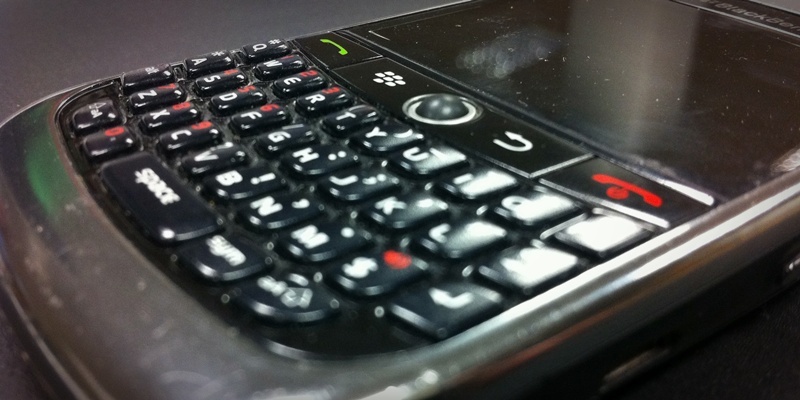More pre- and young teenagers have seen sexually explicit texts than have taken up smoking, a new survey states.
More than half of their parents have never even heard the term “sexting” sending and receiving sexually explicit texts. But research just published by alcohol education charity Drinkaware and parenting charity Family Lives reveals how pre-teen children are being increasingly exposed to adult issues at an ever younger age something the overwhelming majority of parents put down to the pervasiveness of technology in children’s lives.
More than one in 10 of 10-12 year-olds surveyed and 25% of 13-15 year-olds said they have seen sexually explicit images on the internet. The majority of parents (87%) think that children are growing up too quickly and three-quarters think the issues their children face today are more serious than the issues they faced at the same age, according to the new research.
While the majority of parents worry about their children experiencing “teenage” issues before their teenage years, they focus their concerns on “traditional” issues such as sex, drugs and smoking. But the survey of 800 parents and 600 children found that “new” issues, like underage drinking and sexting, had become more prevalent.
Almost a third (31%) of 13-15 year-olds have drunk alcohol and more than a quarter (28%) have seen sexually explicit text messages compared to 15% who have smoked and 4% who have taken drugs.
The “reality gap” extends to what parents really know about their children’s experiences and needs. Only 14% of parents with a 13-15 year-old were aware their child had drunk alcohol and only 5% knew their child had experienced sexting.
At the same time three-quarters (73%) of 10-17 year-olds want to speak to their parents first about the issues they are encountering.
Family Lives and Drinkaware are encouraging parents to instigate an ongoing dialogue about “grown-up” topics with their children in their pre-teens.
Drinkaware offers parents practical facts, tips and advice on how and when to talk with children about alcohol at www.drinkaware.co.uk/parents. The Family Lives 24/7 Parentline offers free advice on 0808 800 222 or visit www.familylives.org.uk.
Rehab 4 Addiction is a free helpline run by people who’ve beaten drug and alcohol rehab themselves.
